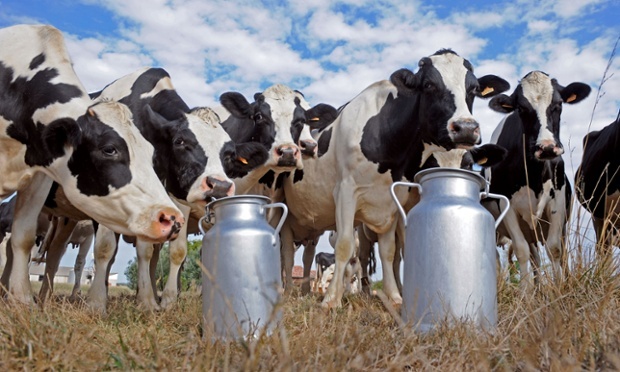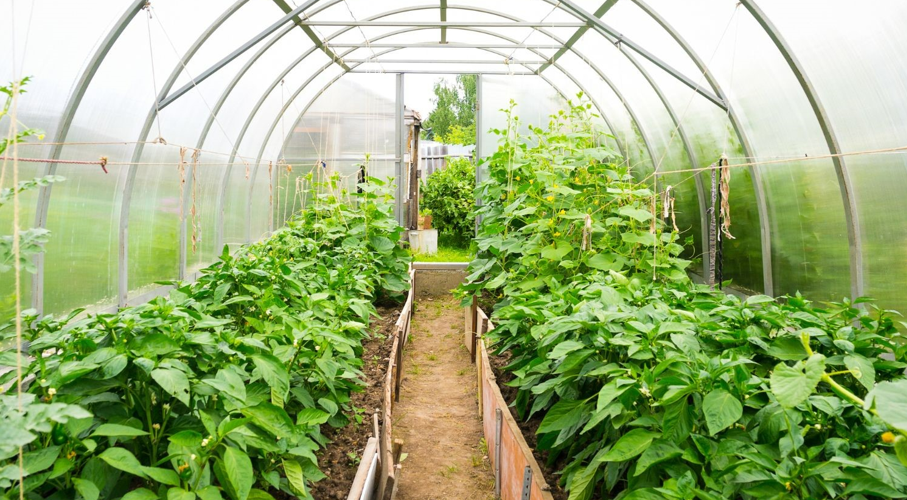Agricultural Technology courses
General agriculture encompasses the broad practice of farming, including the cultivation of crops, raising of animals, and management of resources to produce food, fiber, and other products. Agriculture is the foundation of human civilization, providing essential sustenance, economic stability, and raw materials for various industries. It integrates various scientific disciplines, technologies, and practices to optimize production while maintaining sustainability and environmental stewardship.
Apiculture, commonly known as beekeeping, is the practice of managing and maintaining bee colonies, typically in hives, for the production of honey, beeswax, and other bee-related products. Apiculture also plays a crucial role in agriculture through the pollination of crops, contributing to food security and biodiversity. Beekeeping can be practiced on a small scale for personal use or on a commercial scale for profit.
Dairy farm management involves the comprehensive oversight of dairy farming operations to maximize milk production, ensure animal welfare, maintain herd health, and achieve profitability. Effective management encompasses a range of activities, from feeding and breeding to milking and marketing, and requires knowledge of animal husbandry, nutrition, economics, and technology.
Horticulture production involves the cultivation of fruits, vegetables, flowers, and ornamental plants. It is a critical component of agriculture that focuses on the production, improvement, and management of plants for food, comfort, and aesthetic purposes. Horticulture encompasses a wide range of activities, from small-scale gardening to large commercial farms, and plays a vital role in food security, nutrition, and the economy.




Agri-preneurship, a blend of “agriculture” and “entrepreneurship,” refers to the application of entrepreneurial principles to the agricultural sector. It involves innovative approaches to farming, agribusiness, and the agricultural value chain, aiming to create sustainable economic opportunities, increase productivity, and address challenges in the agriculture sector.
Sustainable agriculture for rural development is a holistic approach that seeks to enhance agricultural productivity, ensure food security, promote economic growth, and improve the quality of life in rural areas while maintaining environmental health. It focuses on farming practices that are ecologically sound, economically viable, and socially responsible.
Biogas technology is a vital component of sustainable energy strategies, contributing to environmental protection and energy security.
